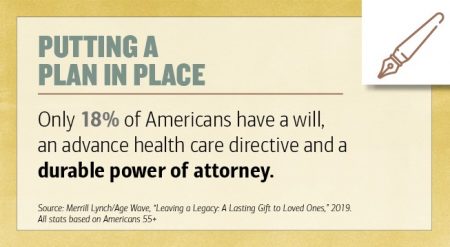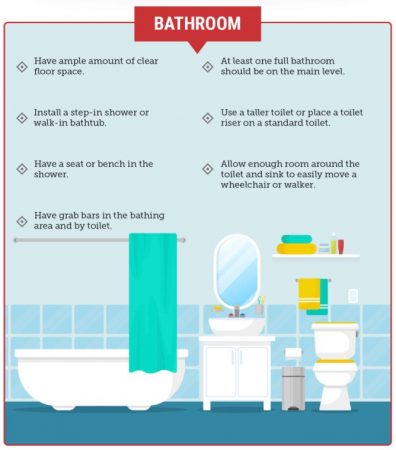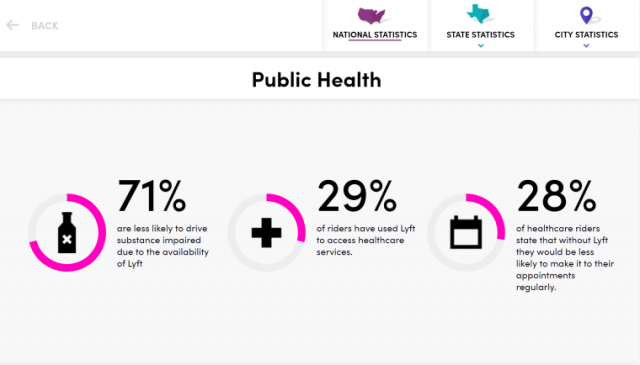The Caregiver’s Voice article excerpts this month include a blood test that can determine when you will die, Lyft’s health-care impact, leaving a lasting gift, and why many of us resist using online patient portals.
When will you die?
Steve Horvath, a biostatistician at the University of California, Los Angeles, has it all figured out. A blood sample is all it takes to determine (within four years) when you will die. He calls it the GrimAge test. Insurers are interested.
Leaving a Legacy: How Do You Want to Be Remembered?
 [Update 11/7/2022: The title Merrill Lynch URL is no longer available. The following article provides similar information: Legacy Planning: Shaping the Future with a Trust]
[Update 11/7/2022: The title Merrill Lynch URL is no longer available. The following article provides similar information: Legacy Planning: Shaping the Future with a Trust]
Nearly half of Americans age 55 and older don’t have a will. Of 3000+ adults surveyed, only 18% over 55 have a will, health-care directive, and a durable power of attorney. Forty percent fear they have no advocate to look out for them as they age. Most Americans are willing to discuss end-of-life preferences and to distribute a part of their estate while alive. Scroll down on linked page and download a copy of Leave a Legacy of Kindness.
Why Most of Us are Still Not Using Our Physician’s Online Portals
[12/9/2025 TCV Update: The URL is broken] As the health-care industry incorporates more technology to improve patient experiences and health outcomes, many providers are turning to patient portals. These secure websites enable users to access their health-care information online and to communicate with their physician’s office. There’s just one problem: Almost two-thirds of patients don’t use them. Sociology professor, Celeste Campos-Castillo at the University of Wisconsin-Milwaukee, offers some reasons as to why.
Tips for Making Your Home Disabled Friendly

A worthy review of tips to help make your home safer and more accessible. Excerpt from website: Having handrails available throughout your home and making the kitchen and bathroom layouts easily maneuverable are helpful solutions for making your house accessible. [5/27/2025 TCV Updated URL] Click on link above for elevators for homes — infographic from original post no longer available as of 5/27/2025.
Lyft Economic Impact Report
Lyft is taking steps to solve transportation issues for healthcare. Having recently completed a study of 30,000 riders and 30,000 drivers, Lyft Corporate Communications Manager, Kate Margolis sent The Caregiver’s Voice the following: “Through our healthcare expertise… we’re partnering with leading health-care organizations like AllScripts, Ascension, Blue Cross Blue Shield, and LogistiCare – to get their patients to where they need to go. Knowing not everyone has a smartphone, or the ability to use one, we’ve made it easy for doctors/hospitals, etc. to request rides with the tap of a button.”
- 29% of surveyed riders report using Lyft for health-care trips.
- 36% of health-care riders state that since they started using Lyft for medical appointments, they are using urgent care less frequently.









